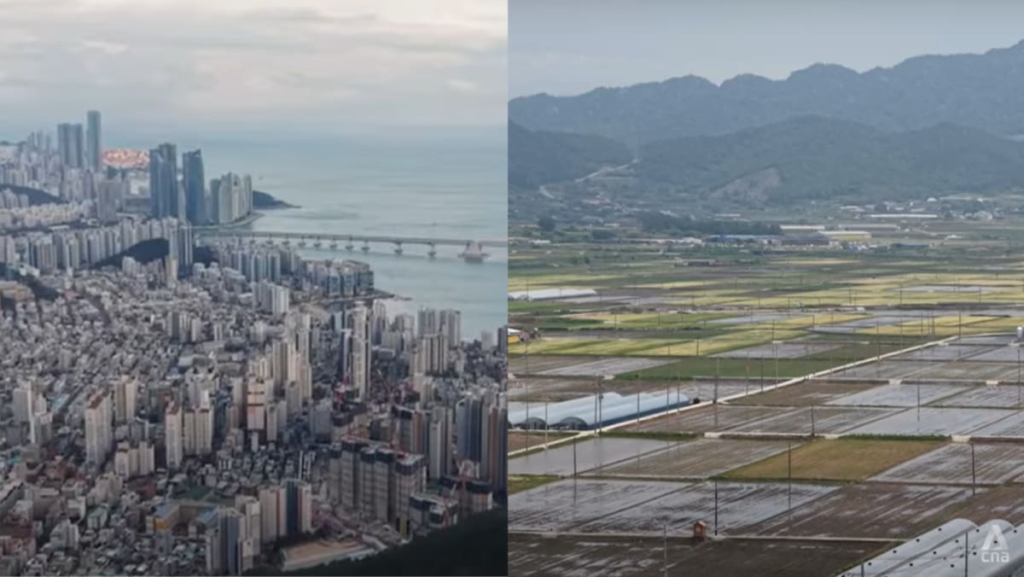Many in Gwangju told CNA this was why they could not believe their eyes when they watched Mr Yoon declare martial law on television on Dec 3 last year.
“I was overwhelmed, and I had nowhere to express my anger. It was just so absurd and infuriating … I remember seeing bodies covered with blankets on carts being moved through alleys and later in the city,” recounted a Gwangju resident.
Another resident, Madam Kim Gil-Ja, said she immediately thought of the uprising when Mr Yoon made the declaration.
Her son Moon Jae-hak was one of the youngest victims of the massacre. The 17-year-old was killed on the last day of the uprising during a pre-dawn assault on the South Jeolla provincial government building – the centre of protests against military rule.
Mdm Kim said that when she saw troops break the windows of the National Assembly building in Seoul last year and storm inside, she thought to herself: “This country is in chaos.”
“If I lived closer to Seoul, I would have gone to the National Assembly myself,” she told CNA.
At this year’s May 18 commemoration, most of the country’s presidential hopefuls, including Mr Lee, were present. But PPP’s candidate Kim did not turn up after organisers said he was not welcome.
Recent polls show Mr Lee with nearly 80 per cent support in Jeolla, including Gwangju, while Mr Kim trails far behind with just 4 per cent.
While 50 years have passed since the Gwangju massacre, the wounds remain deep.
Whether they will ever fully heal – and whether the people in Jeolla will one day place their trust in a conservative leader – remains uncertain as the country heads to the ballot box.
Read the full article here
